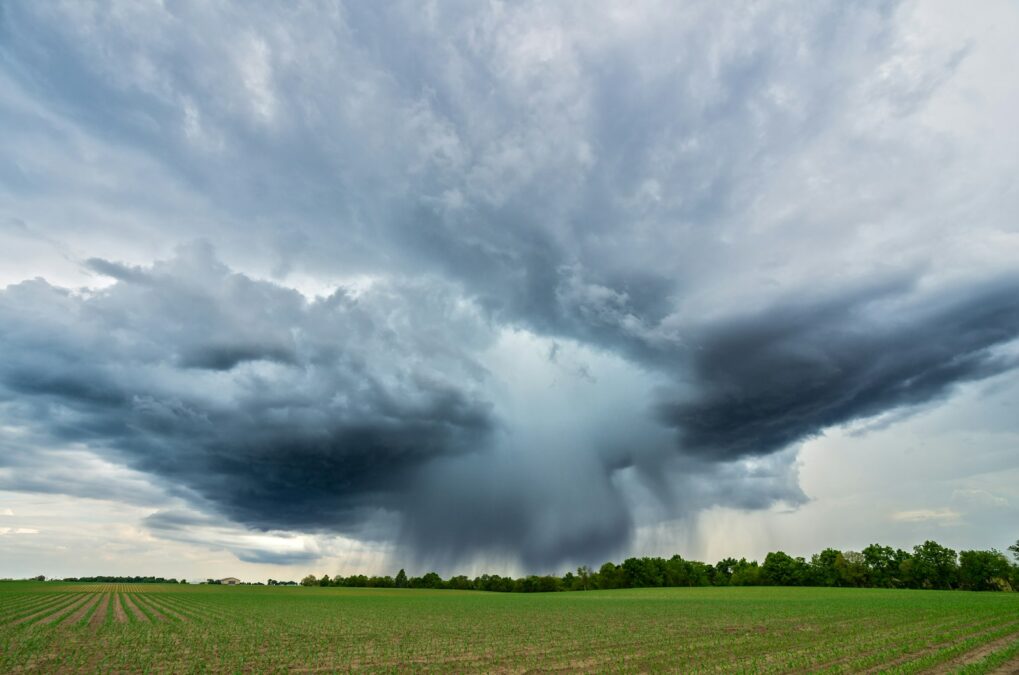Introduction to AI-Driven Weather Forecasting
In recent years, the integration of Artificial Intelligence (AI) into weather forecasting has transformed the accuracy and reliability of predictions. Leveraging vast amounts of data and advanced algorithms, AI-driven tools are revolutionizing the field of meteorology, providing more precise forecasts and enabling better decision-making across various industries. This article explores how AI is enhancing weather forecasting and benefiting sectors ranging from agriculture to tourism in Saudi Arabia, the UAE, and beyond.
Improving Agricultural Practices
One of the most significant advantages of AI-driven weather forecasting is its impact on agriculture. Farmers in Saudi Arabia and the UAE rely heavily on accurate weather predictions to make informed decisions about planting, irrigation, and harvesting. By harnessing AI algorithms that analyze historical weather data, satellite imagery, and atmospheric conditions in real-time, farmers can anticipate weather patterns with greater accuracy. This enables them to optimize crop yields, reduce water usage, and mitigate the risks associated with extreme weather events such as droughts or storms. As a result, AI-driven weather forecasting is revolutionizing agricultural practices, leading to increased productivity and sustainability in the region.
The Role of AI in Tourism
AI-powered weather forecasting also plays a crucial role in the tourism industry, particularly in destinations like Saudi Arabia and the UAE, where weather conditions significantly impact travel patterns and tourist activities. By providing accurate and timely weather forecasts, AI helps tourism operators and hospitality businesses better prepare for incoming weather changes, allowing them to adjust schedules, plan outdoor events, and optimize resource allocation accordingly. This proactive approach not only enhances visitor experiences by minimizing disruptions but also improves safety measures, ultimately fostering a positive reputation for tourist destinations.
Enhancing Energy Sector Efficiency
Furthermore, AI-driven weather forecasting has profound implications for the energy sector, particularly in countries like Saudi Arabia where energy production and consumption are significant drivers of the economy. By accurately predicting weather patterns, AI enables energy companies to optimize the operation of renewable energy sources such as solar and wind power. With precise forecasts, energy providers can anticipate fluctuations in renewable energy generation and adjust grid management strategies accordingly, ensuring a reliable and efficient supply of electricity. This not only reduces reliance on fossil fuels but also promotes sustainability and environmental conservation.
Expanding AI Applications
As AI continues to advance, its applications in weather forecasting are expected to expand further, driving innovation across various sectors. In Saudi Arabia and the UAE, where rapid technological advancements are a top priority, investment in AI-driven weather forecasting technologies is likely to increase. This investment will not only improve the accuracy of weather predictions but also stimulate economic growth, foster innovation, and enhance competitiveness on a global scale. By harnessing the power of AI, businesses and industries in the region can unlock new opportunities, drive efficiencies, and adapt to changing environmental conditions.
The Advantages of AI in Agriculture
AI-powered weather forecasting offers significant advantages for the agricultural sector in Saudi Arabia and the UAE. By providing accurate and localized weather predictions, farmers can make informed decisions about crop planting, irrigation scheduling, and pest management. This precision farming approach optimizes resource utilization, minimizes water wastage, and maximizes crop yields, ultimately contributing to food security and agricultural sustainability in the region. Moreover, AI-driven weather forecasts enable farmers to mitigate risks associated with adverse weather events such as droughts, floods, and heatwaves, allowing them to protect their crops and livelihoods.
Conclusion
In conclusion, AI-driven weather forecasting is revolutionizing multiple industries in Saudi Arabia, the UAE, and beyond. From agriculture to tourism and energy, AI-powered tools are enhancing the accuracy of weather predictions, optimizing resource management, and driving innovation across various sectors. As these technologies continue to evolve, their impact on business operations, decision-making processes, and overall efficiency is expected to grow. By embracing AI-driven weather forecasting, businesses and industries can gain a competitive edge, adapt to changing environmental conditions, and thrive in an increasingly dynamic and interconnected world.
#AI #WeatherForecasting #SaudiArabia #UAE #Business #Innovation #Technology #Tourism #Energy #Sustainability

